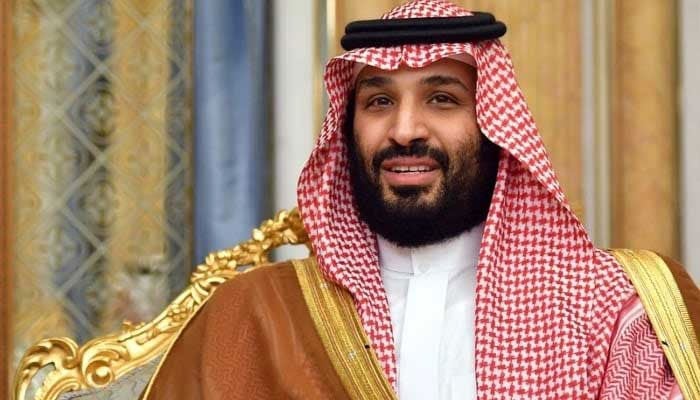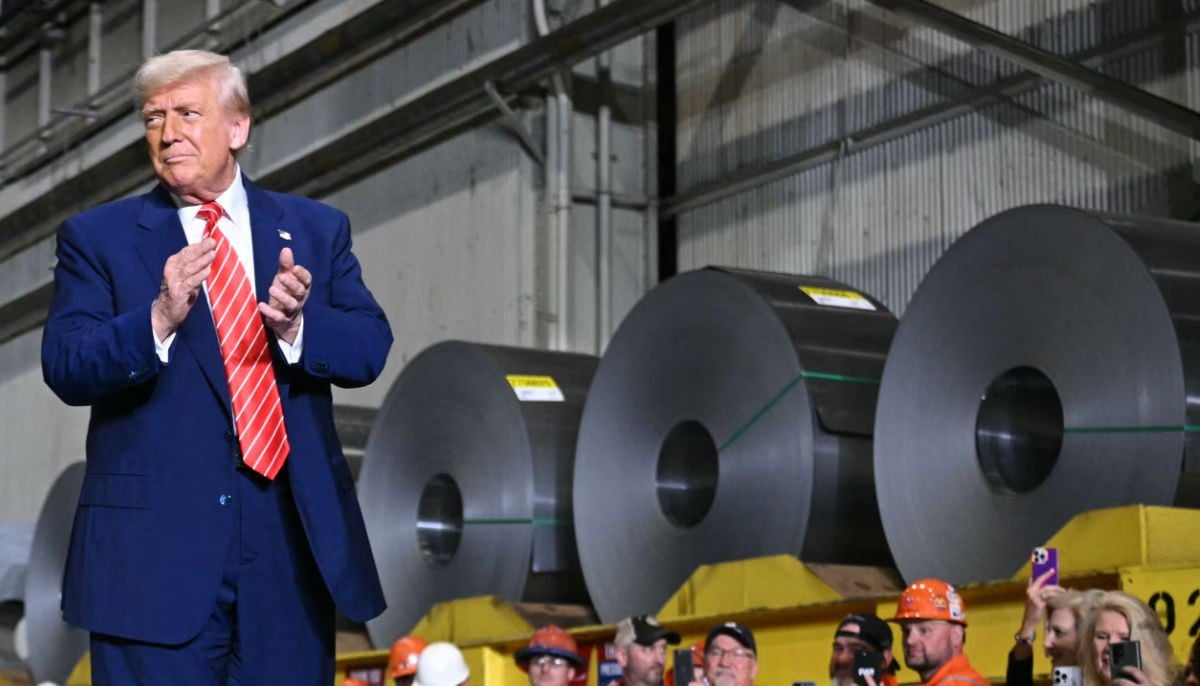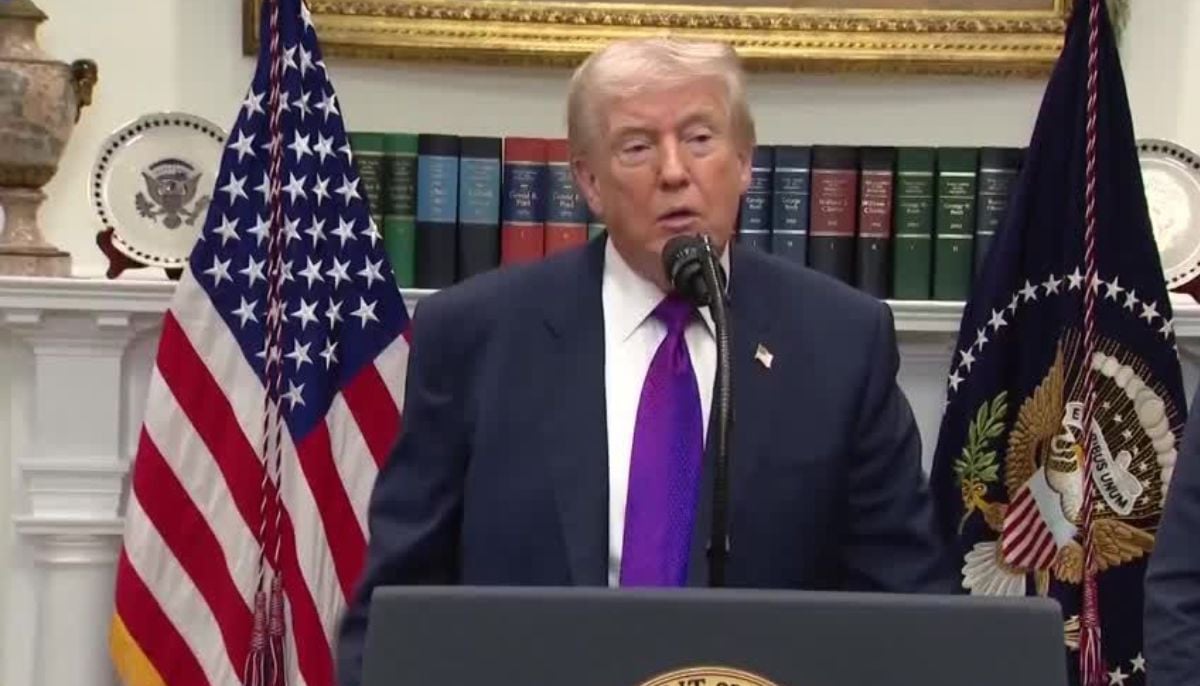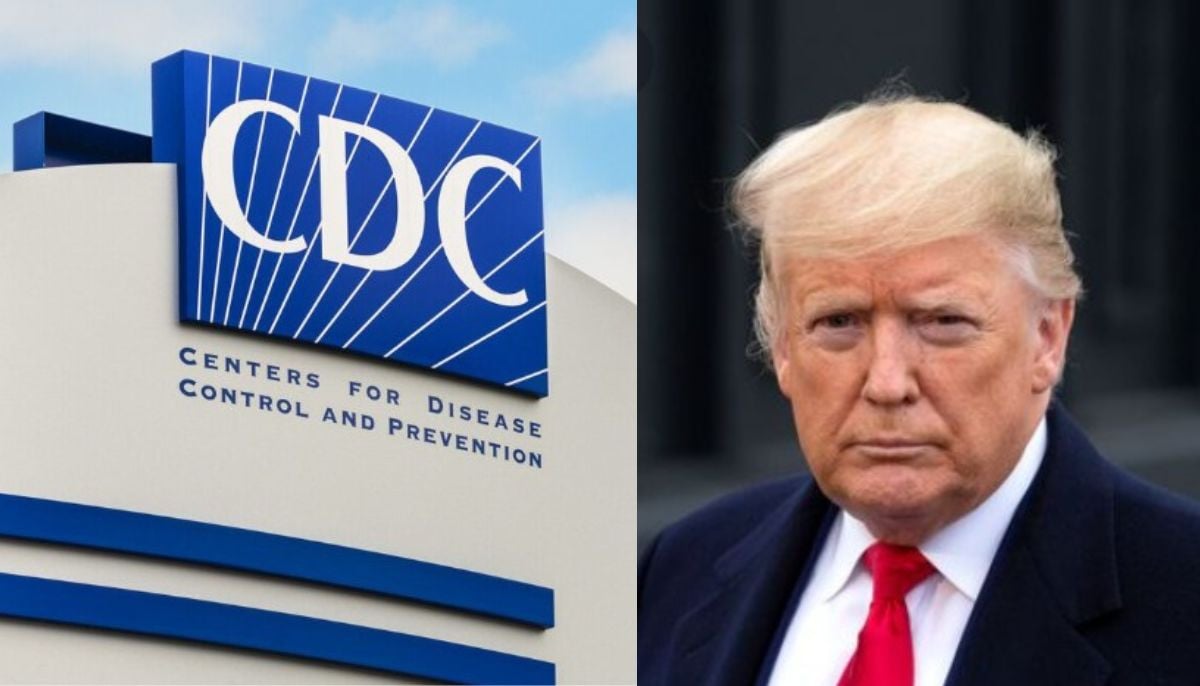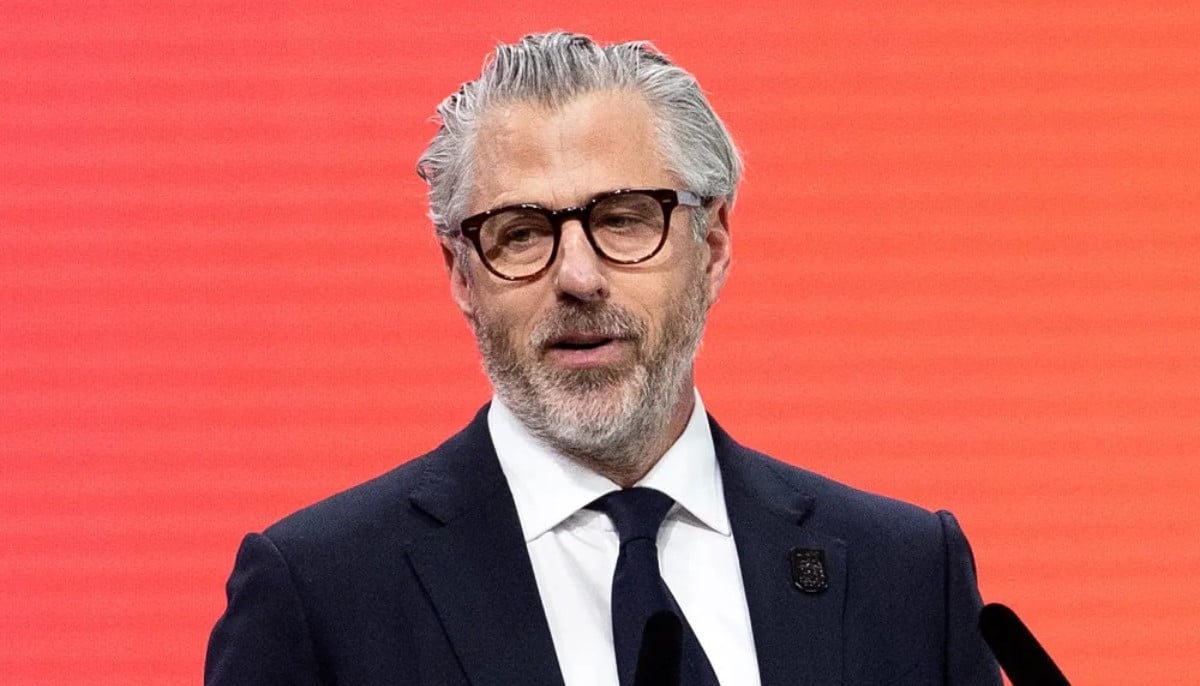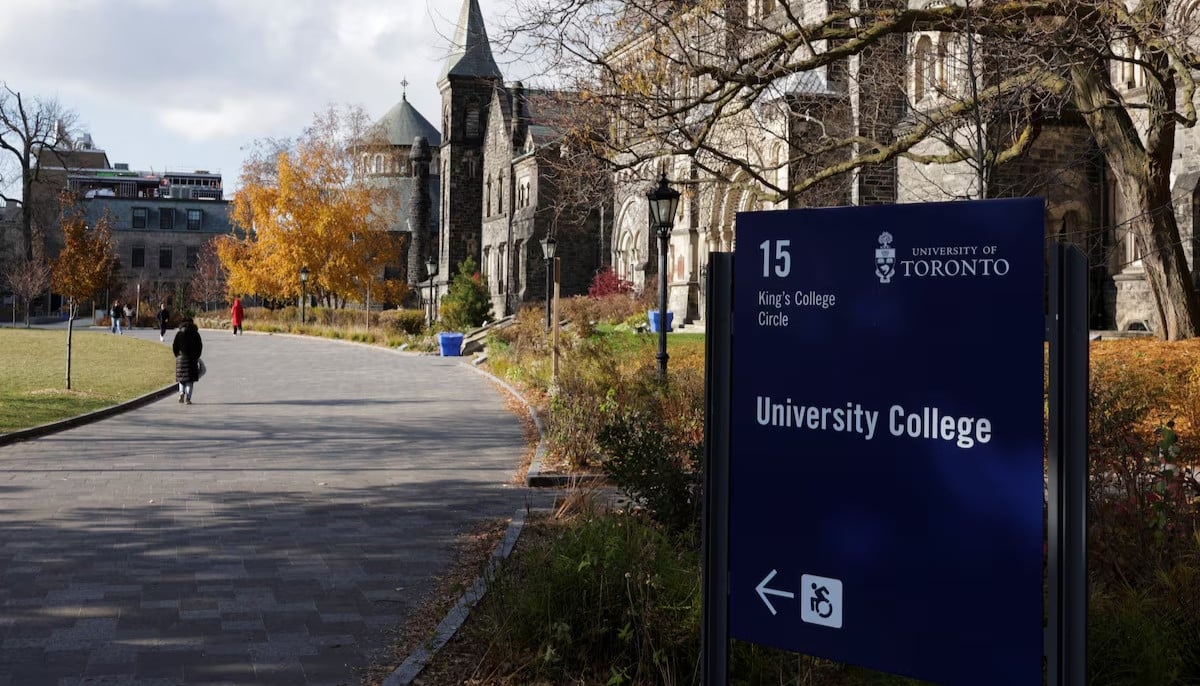Saudi crown prince courts Asia amid row with Washington
Official Saudi Press Agency says the trip will include "a number of Asian countries", though officials have not yet confirmed details of the itinerary
RIYADH: Saudi Arabia's powerful crown prince has embarked on a multi-stop Asian tour, shoring up the Gulf nation's ties with its biggest energy market and signalling growing independence from Washington amid a bitter row over oil supply.
Mohammed bin Salman, the kingdom's 37-year-old de facto ruler, left Monday for the Group of 20 summits in Bali, Indonesia.
The official Saudi Press Agency said the trip would include "a number of Asian countries", though officials have not yet confirmed details of the itinerary.
A likely stop is South Korea, where local media report the crown prince will meet business leaders. He is then expected to attend the Asia-Pacific Economic Cooperation forum, starting Friday in Bangkok.
The trip comes as Riyadh feuds with Washington over the OPEC+ oil cartel's October decision to cut production by two million barrels per day.
Amid spiralling inflation and high energy prices, the White House worked hard to prevent cuts in oil production.
In July, US President Joe Biden visited Jeddah, reversing a 2019 pledge to make Saudi Arabia a "pariah" over its human rights abuses, notably the 2018 killing of journalist Jamal Khashoggi by Saudi agents.
The US blasted OPEC+'s cuts as akin to "aligning with Russia" in the Ukraine war, and warned of unspecified "consequences".
Though both Biden and Prince Mohammed are in Bali for the G20 summit, the White House says the president has no plans for a bilateral meeting.
Despite announcing record profits from oil sales in recent months, Saudi officials vigorously defend their policies as driven purely by economics.
The standoff has done little to curb speculation about the kingdom's shift away from its longtime security and energy partner.
Prince Mohammed's latest trip makes that shift seem even more plausible, said Umar Karim, an expert on Saudi politics at the University of Birmingham.
"This is a trip to further instil coordination with energy markets in Asia, but also to show to the wider Western world, and essentially to the United States, that Saudi Arabia is not lacking in options in terms of partnerships," he said.
Energy ties
Sealed at the end of World War II, Saudi-US ties are often described as an oil-for-security arrangement.
Yet for the past decade, Saudi crude's top export markets have been in Asia: China, Japan, South Korea and India.
Saudi officials, therefore, began placing special emphasis on cultivating ties in the region well before Prince Mohammed became heir to the throne five years ago, explained Aziz Alghashian, an analyst of Saudi foreign policy.
"But what I would say is the market- and economic-driven foreign policy of Saudi Arabia now has amplified this and expedited these kinds of trips and this focus on Asia," he said.
Prince Mohammed's meetings with Asian leaders are likely to touch on a number of initiatives to facilitate further exports to the region, including possible refinery and storage facility projects, said Kaho Yu, an Asia energy specialist at risk intelligence firm Verisk Maplecroft.
"It is not just about buying the oil from Saudi Arabia. It is more about trying to expand cooperation along the supply chain," he said.
Saudi Arabia could also partner with Asian countries on crude alternatives.
On Monday, energy giant Saudi Aramco and Indonesia's state-owned company, Pertamina announced plans to explore "collaboration across the hydrogen and ammonia" sectors.
The timing of energy talks with Asian partners is key, coming just weeks before the next OPEC+ meeting on December 4, which will likely put global disputes over energy supplies back in the headlines.
Nobody's 'sidekick'
Prince Mohammed's Asia tour also precedes a trip to Saudi Arabia by Chinese President Xi Jinping planned for December.
Though no date is confirmed, Saudi foreign minister Prince Faisal bin Farhan said last month the kingdom was "finalising preparations" for talks with Xi that would also involve other Arab countries.
Developing stronger ties with China sends the strongest possible signal of Riyadh's move to balance its relations with global powers, pursuing a "Saudi first" oriented foreign policy.
"They are still very much reliant on the US when it comes to security, but they are showing that they are exploring other strategic relations, maybe gradually trying to become less dependent on the US," said Torbjorn Soltvedt of Verisk Maplecroft.
"I think it's very important for the Saudis to project that they are not taking sides in this," said Karim, of the University of Birmingham.
"The current trend in Saudi foreign policy is that of a player on its own, not some sort of a lackey or a sidekick of a bigger power."
-
Woman calls press ‘vultures’ outside Nancy Guthrie’s home after tense standoff
-
Casey Wasserman to remain LA Olympics chair despite Ghislaine Maxwell ties
-
Gigi Hadid feels 'humiliated' after Zayn Malik's 'pathetic' comment: Source
-
Ontario tuition freeze ends, allowing colleges and universities to raise fees
-
James Van Der Beek’s 'heartbroken' ex wife breaks silence of his death
-
Kylie Kelce breaks silence on 'beef' with Dwayne Wade
-
Suspect kills six across Florida before taking his own life
-
Savannah Guthrie shares sweet childhood video with missing mom Nancy: Watch
